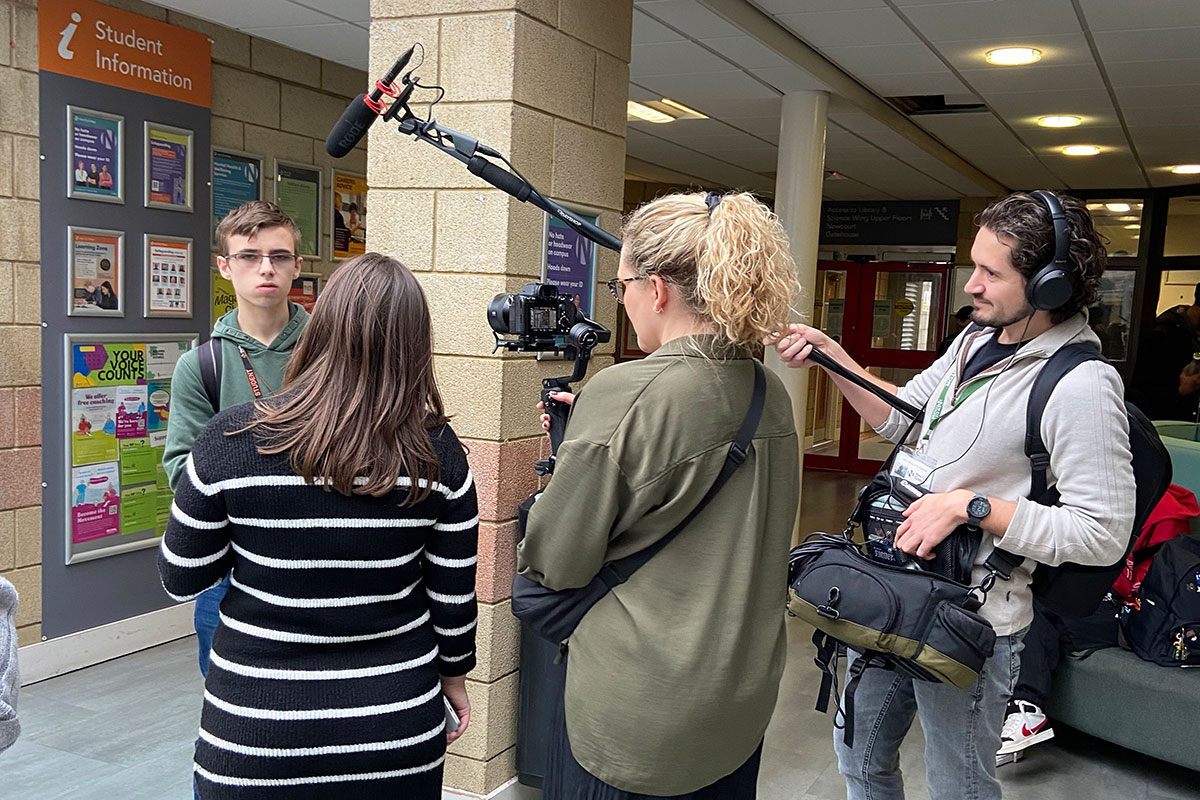At a glance, Ian Green shares his thoughts on the Local and National Skills and Education Priorities
Levelling up
Earlier this year, the government released the Levelling up White Paper.
The White Paper set out 12 core missions, including medium-term ambitions for the UK government that highlighted areas in which the government believes progress is needed over the next decade to succeed in levelling up the UK.
Of particular interest was the promised investment of £3.8bn in skills, planned by 2024/25 and a Lifetime Skills Guarantee (LSG) in England.
The LSG will enable 11m adults to gain an A Level or equivalent qualification for free, as well as a new UK-wide adult numeracy programme and skills bootcamps.
During a recent Department for Education (DfE) presentation, it became clear that bootcamps are set to increase and become a sizeable part of the adult funding landscape.
The success of programmes such as bootcamps relies on a fundament element: employer engagement. Comprehensive collaboration between employers and training providers bridges the gap between knowledge and ensures training meets the requirements of each employer.
This approach also significantly decreases candidates’ probability of lacking the desired skills.
To date, Complete Skills Solutions have operated two bootcamps within the Logistics and Green sectors, demonstrating significant success for employers and individuals. They have plans to deliver more in the coming months.
The Importance of Local Skills Development
At the centre of the UK economy sits skills development. Without the relevant skills, industries will fall short and fail to meet the growing demands of their sector. But to tackle the national skills crisis, first, we must look closer to home and implement strategies at a local level.
In August 2022, the Department for Education announced the rollout of Local Skills Improvement Plans (LSIPs).
LSIPs will outline key priorities and changes required in local areas to make post-16 technical education or training more responsive and closely aligned to the demands of the local labour market.
Produced by Employer Representative Bodies (ERBs), LSIPs will help local colleges to provide training that meets the needs of local employers and communities.
Scheduled for introduction in 2023/24, the Local Skills Improvement Fund will ‘help providers to collaborate and collectively respond to the skills priorities in their LSIP’.
Whilst LSIPs are not a comprehensive anthology of all skills gaps in a local area, they will enable a more seamless identification of pressing skills gaps. They will support a broad range of businesses but will focus on the skills in the most demand.
For training providers such as ours, partnerships will prove vital in the success of LSIPs. Collaborative partnerships enable training providers to align with national policy and bolster their service.
A Final Thought
Throughout my analysis of the White Paper, I noticed a common theme in several strands of the plan – employers.
Whether it is the introduction of more skills bootcamps or local skills development, employer engagement and collaboration play a central role.
Building and maintaining partnerships with local employers have always been crucial to our service. Without forging such relationships, we would be unable to deliver a service that provides 360-degree support to individuals and businesses.
About Ian Green
Ian Green is Managing Director for Complete Skills Solutions, an adult education and training provider. Complete Skills Solutions support individuals to access high-quality training and education opportunities that help them to progress into great employment opportunities.











Responses